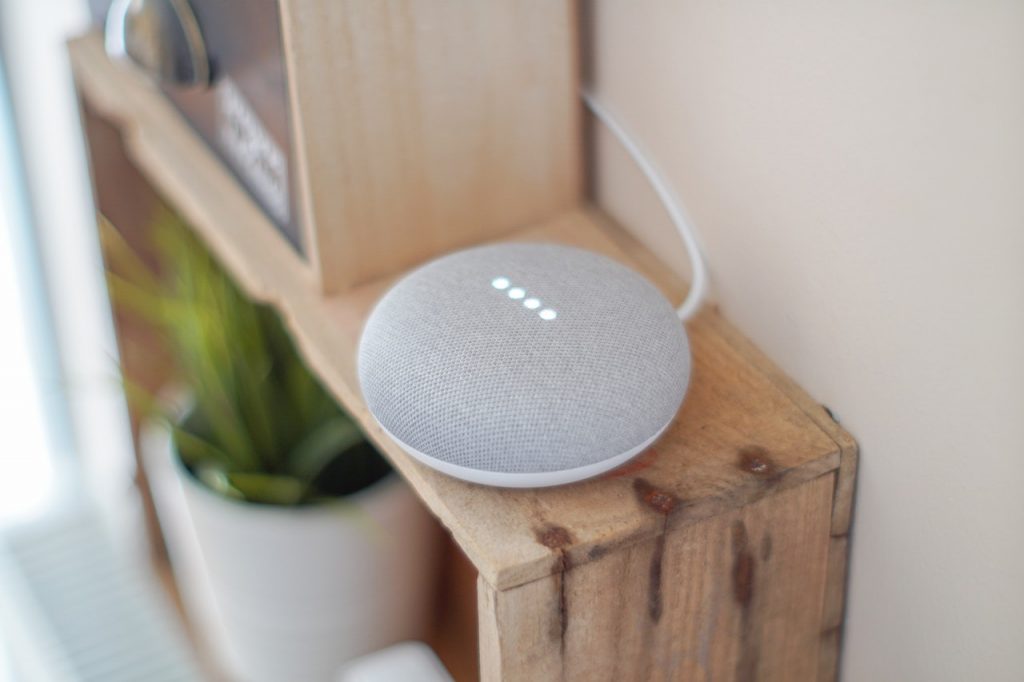The future of speech recognition technology is something that has been anticipated for quite some time by those in the field of linguistics. Ever since the birth of the first computer systems based on artificial intelligence in the 1970s, there have been speculations about what the eventual impact would be on the field of linguistics. The history of these technologies shows that speech recognition has been far from a fresh preoccupation, despite the pace of technological evolution. The advancements in the field of artificial intelligence over the past thirty years have led to the development of software that can understand and speak several languages, including English. Along with this development came the ability to form conversations in languages that were previously off-limits for computers.
This was no small feat considering the fact that at the time the internet was virtually nonexistent. Now, however, things are a lot of different thanks in large part to the progress made in the field of software and internet research. The advent of the assistant, and its subsequent development through the years, are one of the most important milestones in the history of speech recognition technology. While many experts forecast that the full potential of the assistant will only be fully realized within the next twenty to thirty years, there have already been significant milestones achieved.
Google Talk Service
In the year 2021, the creation of the Google Talk Service heralded the future of speech recognition technology. At the time, no one really knew what the outcome of the project would be but the eventual result was an entirely automated system that could translate text from one language to another and then deliver it as speech. The end result was something that is now being used by a wide range of organizations, both commercial and governmental, all over the world.
Digital assistants
The second major advancement came with the development of the digital assistant. Digital assistants, also called virtual assistants, are machines that are able to handle a variety of routine tasks. They can perform a variety of functions such as handling e-mail, conducting live help, answering live phone calls, and so on. As their popularity increased, so did the use of speech recognition technology to recognize their capabilities.
By the end of the decade, the use of speech recognition technology was such a standard component in digital assistants that many companies felt it was important to include it in their own devices. This has since grown into a much broader market with the addition of digital assistants to hardware such as laptops, netbooks, smartphones, etc. The tech giants are now producing a wide range of different devices to meet different user needs. Amazon has recently launched its own range of digital assistant devices.

Google Now and the digital assistant
Apple has recently been rumored to be working on a new device that has the functionality of both Google Now and the digital assistant. A number of leaked images of what could be the much anticipated ‘Siri’ have been circulating the internet. The leaks suggest that the new Apple device will feature a much-enhanced speech recognition engine that will be able to take full advantage of the voice recognition abilities of the iPhone. The leak further suggests that the personal digital assistant could be launched alongside the iPhone in the not too distant future. A number of people are speculating whether the new product is in fact the long-awaited Siri, which was rumored to be brought over from Google last year. If this is the case, then the long-awaited release of an altogether new intelligent personal assistant could be just around the corner. This could potentially be a new trend in technology.
The rumors have further fuelled speculations as to who could benefit most from the introduction of a voice assistant like Google Now. Many people argue that it will allow everyone, including those who have not even used an iPhone before, to take advantage of the speech recognition abilities of the phones. For example, if you were looking for a place to eat and found a search on the phone, what do you think your assistant would do? It is very likely that the smart speaker, in this case, will be able to give you the best possible price by suggesting the best place, restaurants, and things to do in the area based on your location, latest shopping trends, and other parameters. Apart from this, the intelligent speaker will also allow you access to the weather and traffic in the area, which could help you plan an outing that will be most convenient for you.
Google Now
As we know, Google launched its current project called “Google Now”, which can be used as a personal digital assistant by sending personalized advertisements to users with the details of where they are going, what they are doing, and how they feel about the day. However, this is not the first time that this project has been linked to the company’s smartphone division. Earlier this year, it was announced that the “Google Assistant” will feature in the forthcoming Apple iPhone 4 and will replace the company’s existing speech-to-text facility. With the latest leaks, it is expected that Siri, the digital assistant that was showcased in the movies will arrive on the iPhones in the near future.
